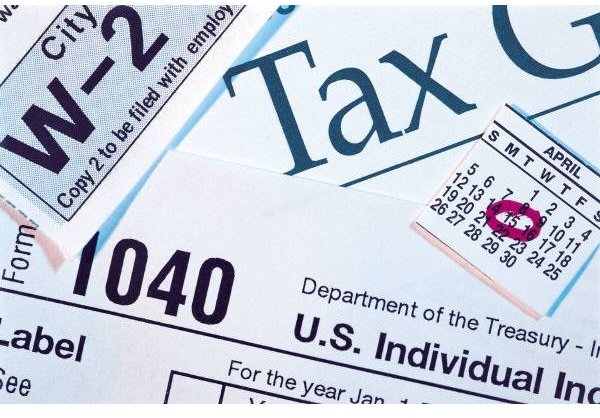Should I Hold My Bond Mutual Funds in a Qualified Plan?
Bond Mutual Fund Taxes
To understand why it makes sense to hold your bond mutual funds in a qualified plan you first need to understand how taxes on investments work.
The two main types of taxes most investors pay on their investments are capital gains taxes (or capital loss deductions) and taxes on interest and dividends. Capital gains taxes must be paid whenever an investment is sold for a profit. For example, if an investor buys an investment position for $25,000 and then later sells it for $40,000, there is a $15,000 profit, or capital gain.
There are two kinds of capital gains taxes. Short-term capital gains are typically due for any investment held for less than one year. Investments held for longer than one year are subject to more favoralbe long-term capital gain tax rates. For most tax payers, the tax rate for long-term capital gains is 15 percent.
The important thing to understand about capital gains is that they only occur when you sell securities. No capital gains taxes are due while you still own the investment. If you own shares of IBM stock for 20 years, you don’t owe any taxes on them until you sell shares, regardless of how high the share price goes.
Taxes on dividends and interest payments, by contrast, are due each year when they are paid. In other words, if you earn $1,000 of interest, you owe taxes on that $1,000 interest payment, regardless of what you do with the $1,000. You owe taxes on the $1,000 even if you reinvest the interest payment in your bond mutual fund.
Unlike capital gains taxes, and taxes on dividends, there is no special tax rate for interest payments. Ineterest is taxed at your ordinary income tax rate. If you are in the 30 percent tax bracket, the taxes on interest you earn is 30 percent.
Holding Bond Mutual Funds in Qualified Accounts
A qualified account is a retirement account that qualifies for special tax treatment, such as an IRA or a 401k account. These accounts offer tax advantages for monies held within them. While an investment is inside of a qualified account, taxes generated inside the account are deferred until money is actually withdrawn. For example, if an investor sells a position of stock held in an IRA for a profit, no capital gains taxes are due as long as no withdrawals are made from the IRA.
This tax deferral applies to all gains within the account, including interest and dividends.
The bonds held withing bond mutual funds pay interest each year, typically semiannually. That means for bond mutual fund owners, taxes are due on the interest paid out by a bond mutual fund every year any interest is paid, even if the owner reinvests the interest in the mutual fund. In other words, the investor owes taxes on money they never take out of the mutual fund!
However, if a bond mutual fund is owned inside of a qualified account like a 401k account or Roth IRA account, all of those taxes are deferred. By holding bond mutual funds in qualified accounts, the investor gets all of the advantages of owning interest paying bond funds, without having to pay taxes on them each year. For taxpayers with large bond investments, this strategy can save a lot of money on taxes each year.
Should I Keep Bond Mutual Funds in an IRA or 401k?
The concept of holding bond mutual funds within a qualified retirement account always makes sense on paper. However, for some investors is may be useful to have bond mutual funds in non-qualified accounts.
Qualified accounts restrict withdrawals until the owner is 59 1/2 years old. Younger investors who need the type of steady income provided by bond mutual funds cannot access the interest if the funds are in a qualified account. In that case, an investment in tax-free municipal bonds might be a better solution.
Image courtesy of Microsoft clipart.
References: IRS Publication 590.
